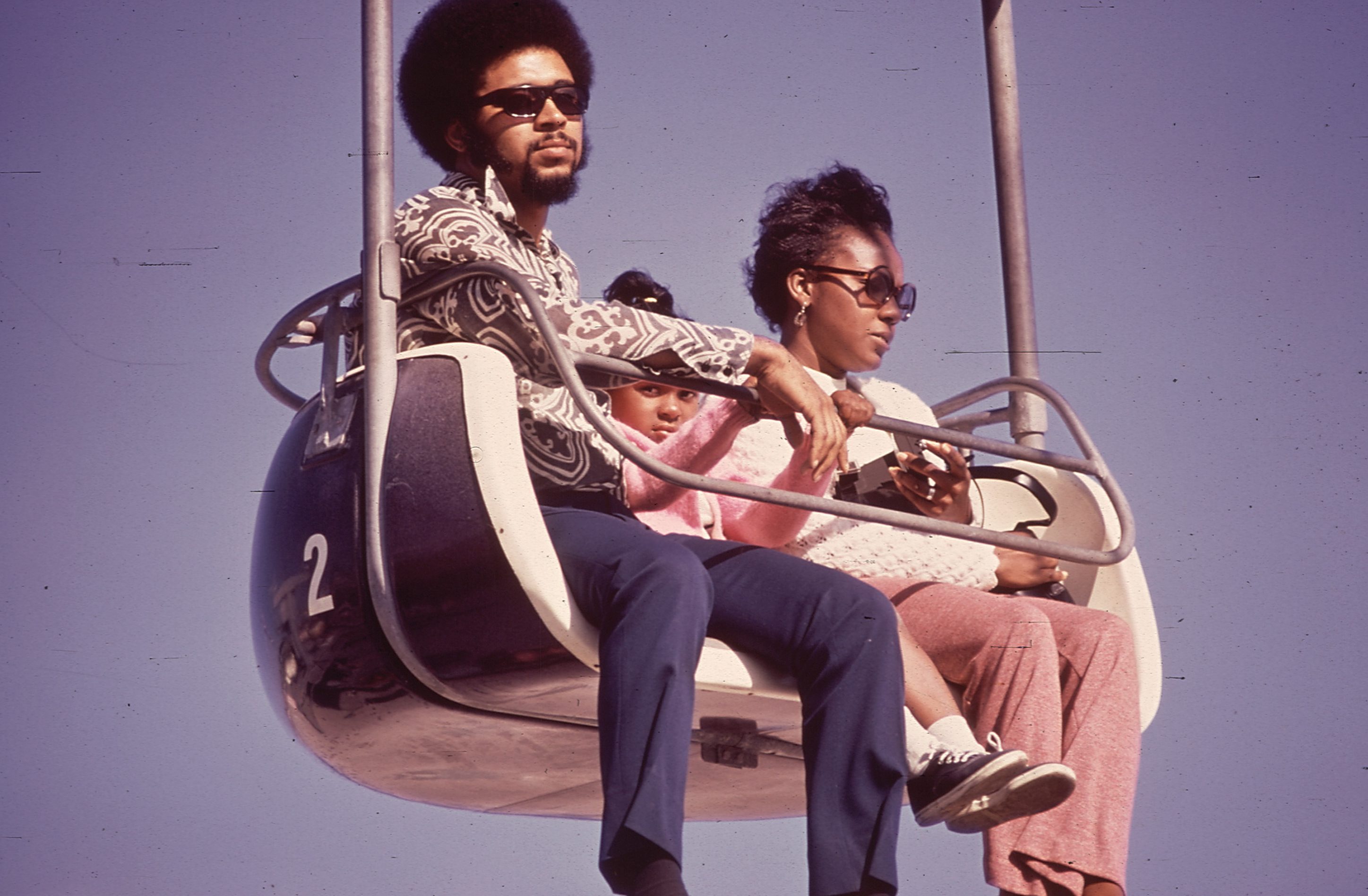Capitalism is a pretty sticky thing. People like owning, buying and selling, or at least have convinced themselves they do. Key to such a system is, of course, having plentiful jobs paying a living wage, which has been less and less true in America over the last four decades. Every now and then there’s a green shoot, but the arrow overall has pointed down. Thanks to political dysfunction on an epic scale, even a relatively short-term bandage like infrastructure investment has been kept in the medicine cabinet.
It’s not easy to see a long-term solution to AI and robotics disappearing millions and millions of positions. Automation may be our friend in the aggregate, but that doesn’t help those left behind to pay the mortgage. Maybe new industries reliant on humans will emerge, work we can’t yet imagine, but it would seem we’re in for a huge transition this century. How much of a role will capitalism play in this new normal? That’s TBD. I don’t think it’s disappearing, but it is poised for a reinvention.
Not everyone agrees, however. In the same vein as Paul Mason’s writing, Paul Rosenberg has penned the Free-Man’s Perspective post “The System Won’t Survive the Robots.” The writer sees no possible transition within the current system from the way things have been to the way they will be. He believes it will be a break, though not likely a clean one. An excerpt:
We All Know the Deal
We usually don’t discuss what the “working man’s deal” is, but we know it just the same. It goes like this:
If you obey authority and support the system, you’ll be able to get a decent job. And if you work hard at your job, you’ll be able to buy a house and raise a small family.
This is what we were taught in school and on TV. It’s the deal our parents and grandparents clung to, and it’s even a fairly open deal. You can fight for the political faction of your choice and you can hold any number of religious and secular alliances, just as long as you stay loyal to the system overall.
This deal has been glamorized in many ways, such as, “Our children will be better off than we are,” “home ownership for everyone,” and of course, “the American Dream.” Except that it isn’t working anymore, or at least it isn’t working well enough.
Among current 20- and 30-year-olds, only about half are able to grasp the deal’s promises. That half is working like crazy, putting up with malignant corporatism and trying to keep ahead of the curve. The other half is dejected and discouraged, taking student loans to chase degrees (there’s more status in that than working at McDonald’s), or else they’re pacified with government handouts and distracted by Facebook.
The deal is plainly unavailable to about half of the young generation, but as I noted above, hope dies slowly and young people raised on promises are still waiting for the deal to kick in. It’s all they know.
Regardless, the deal has abandoned them. It has made them superfluous.•


